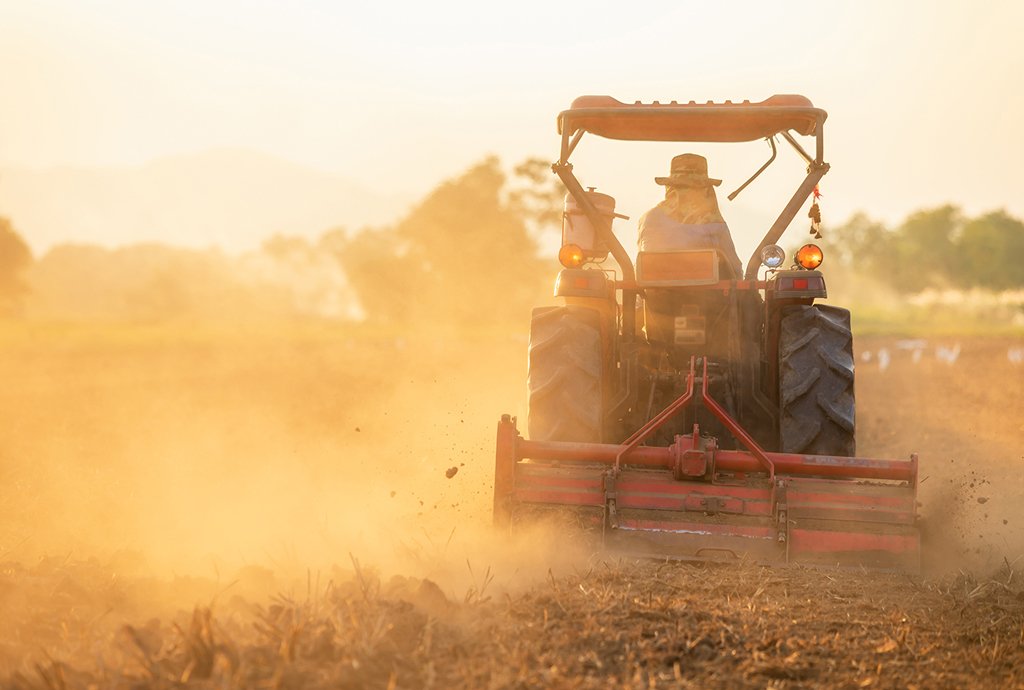
Climate Frontlines: Farmworkers Battling a Warmer World
- foodfightadmin
- July 12, 2023
- Agriculture, Climate Change
- rsc pages, rscl
- 0 Comments
Persistent Heat Exposure: A Grim Reality for Farmworkers Amidst Climate Change
At just nine years old, Mily Trevino-Sauceda witnessed her mother faint from intense heat as she worked on an Idaho farm, an event that has lingered in Trevino-Sauceda’s mind for decades. Despite awareness of the dangers of extreme heat, limited systemic measures have been put in place to protect farmworkers.
“It’s infuriating to know that these situations continue. We, as farmworkers, prioritize delivering quality work and sometimes overlook whether we’re treated as humans or not. The aim is simple – survive,” Trevino-Sauceda remarked. She is currently at the helm of Alianza de Campesinas, a women farmworkers’ organization located in Oxnard, California.
Record-breaking global temperatures this week underscored escalating threats that climate change poses to outdoor laborers. With temperatures close to 100 degrees, large swathes of the U.S., including states like Oregon and Texas, have been issued heat advisories and warnings.
Data from the National Institutes of Health reveals that farmworkers are 35 times more susceptible to heat-related deaths than other industry workers. Despite these alarming statistics, federal regulations to ensure their safety are lacking. Only a handful of states, including California, have established their own safety standards, which the United Farm Workers Foundation states encompasses provision for fresh water, shade, and health monitoring in extreme temperatures.
Edgar Franks, emphasized the unforgiving nature of the heat on farms. “Regardless of the precautions or protective clothing, the oppressive heat is inescapable,” Franks observed. Currently involved in berry farming in Washington and serving as the political director for farmworker union Familias Unidas por la Justicia, Franks reminisced about the 2017 protest in Washington, where farmworkers rallied against insufferable working conditions exacerbated by heat and smoke from nearby wildfires.
Pedro Murrieta Baltazar, an agricultural worker in Ohio, highlighted the precautions taken at Way Farms. Workers switch their working sides on the field to seek shade during intense heat. Roxana Chicas, a researcher from Emory University, emphasized the risks of relentless sun exposure. Symptoms can range from dehydration and muscle cramps to severe heat illnesses.
Unsustainable agricultural methods are inadvertently intensifying climate extremities. Both Patz and Franks advocate for sustainable farming practices that not only benefit the environment but also ensure the well-being of the workers. Franks optimistically noted, “Revamping agriculture with sustainable, eco-friendly methods beneficial for both the climate and the workforce is indeed achievable.”








